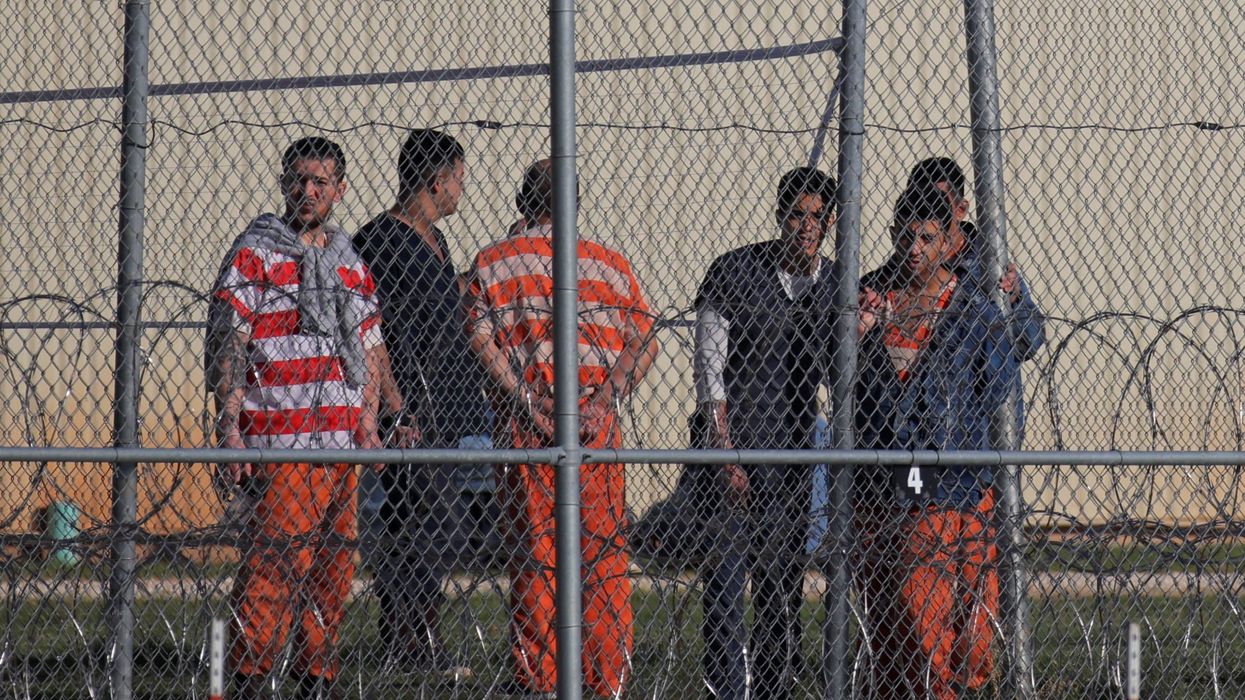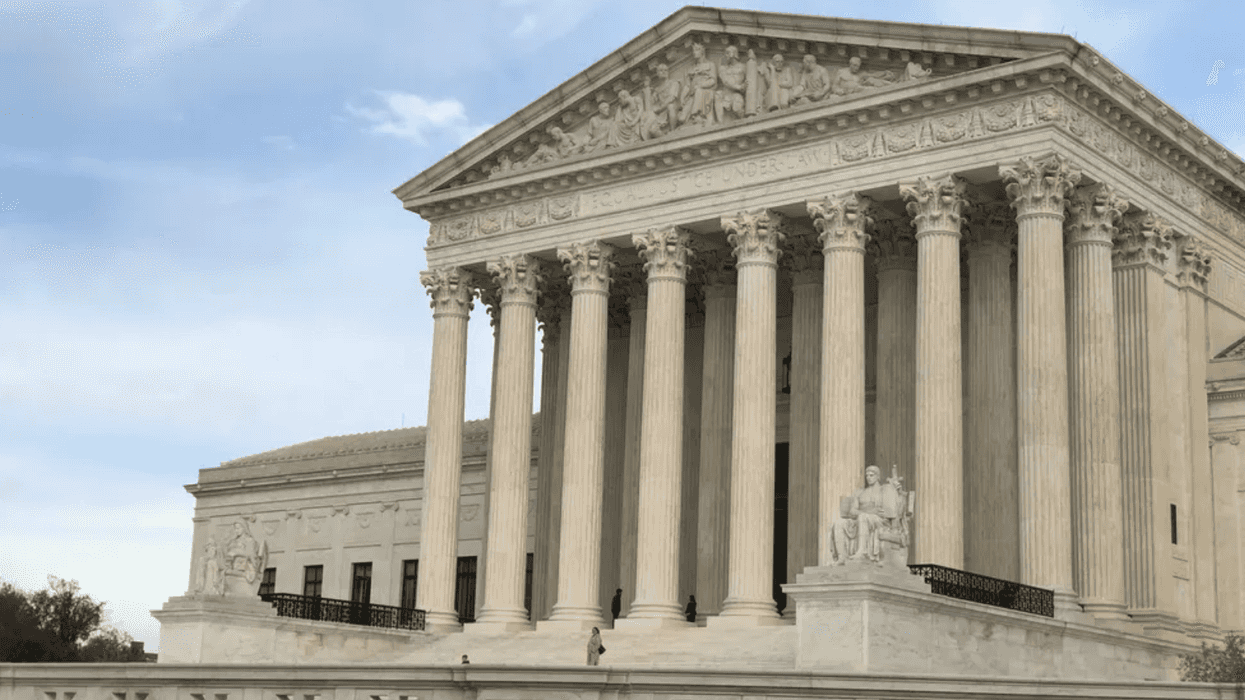Hard Numbers
Hard Numbers: SCOTUS removes protections for Venezuelans, France to build overseas prison, Rice prices soak Japan’s PM, US borrowing costs rise
350,000: The US Supreme Court ruled on Monday that the Trump administration can end temporary deportation protections for nearly 350,000 Venezuelans, making them vulnerable to mass deportation.
May 19, 2025


